Updated Information
Categories
Popular
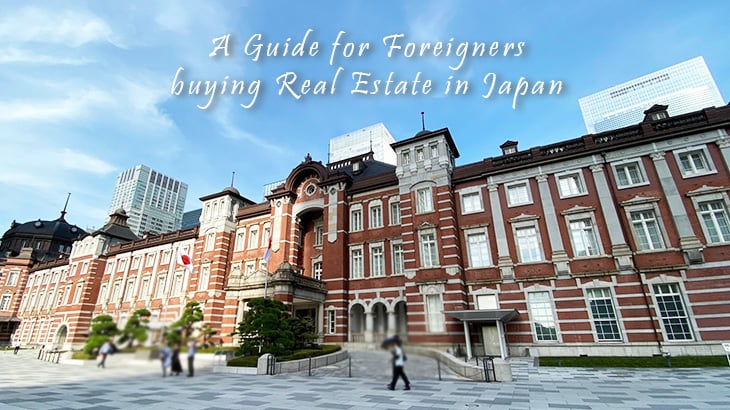
How to Buy Real Estate in Japan as a Foreigner: A Complete Step-by-Step Guide
Property Knowledge

【Updated data in 2025】Japan’s Land Prices Continue to Surge, with Tokyo’s 23 Wards Leading the Growth
Market Information
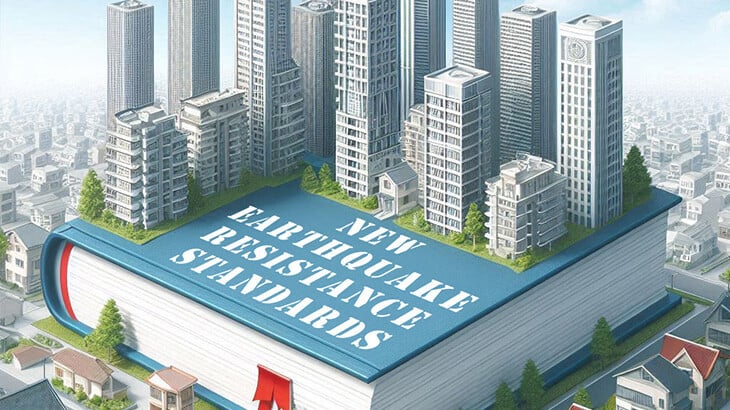
Essential Knowledge for Property Investment in Japan (Part 1): Understanding Japan’s Earthquake Resistance Standards
Property Knowledge
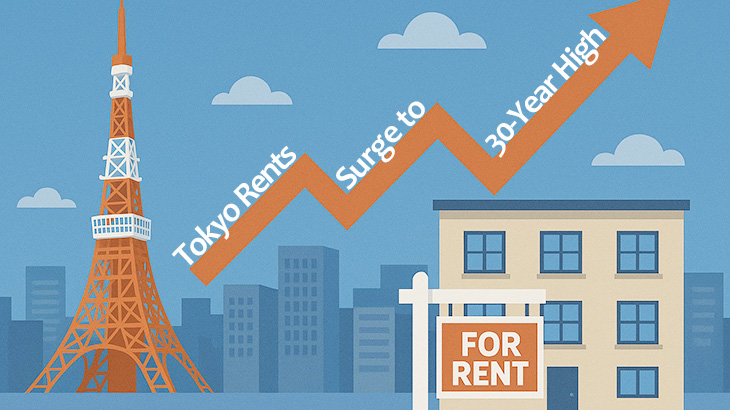
Tokyo Rents Surge to 30-Year High: Why This Rising Trend Signals a Prime Investment Opportunity in the Property Market?
Market Information
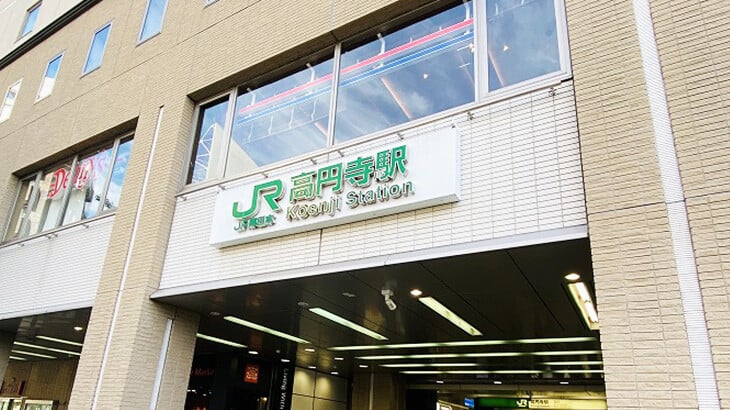
Exploring Koenji: A Harmonious Blend of City Convenience and Creative Culture
Exploring Tokyo
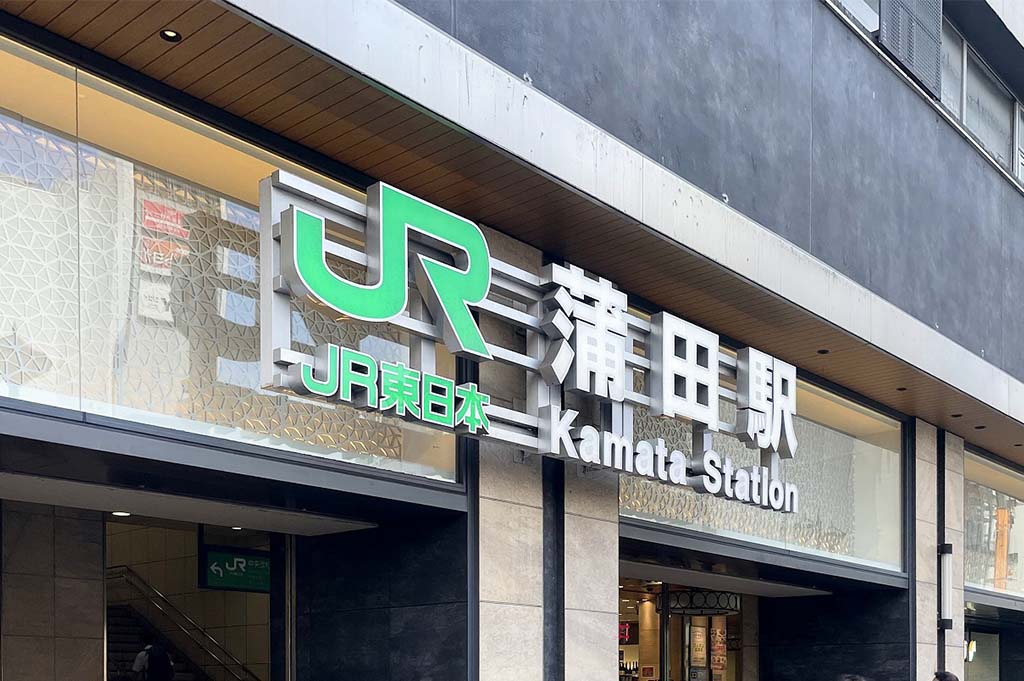
Why Kamata area is the Next Hotspot for Property Investment in Tokyo?
Exploring Tokyo
The Ultimate Guide to Tokyo Real Estate: Understanding Property Types
Tokyo’s real estate market is among the most dynamic in the world, attracting local and international investors. The city offers a wide range of properties, from luxury high-rise condominiums and detached houses to en-bloc buildings, commercial spaces, and strategic land plots. Each type comes with unique features, benefits, and challenges that investors should understand. This article provides a comprehensive guide to Tokyo’s property types, highlighting key considerations and investment opportunities.
■ Introduction
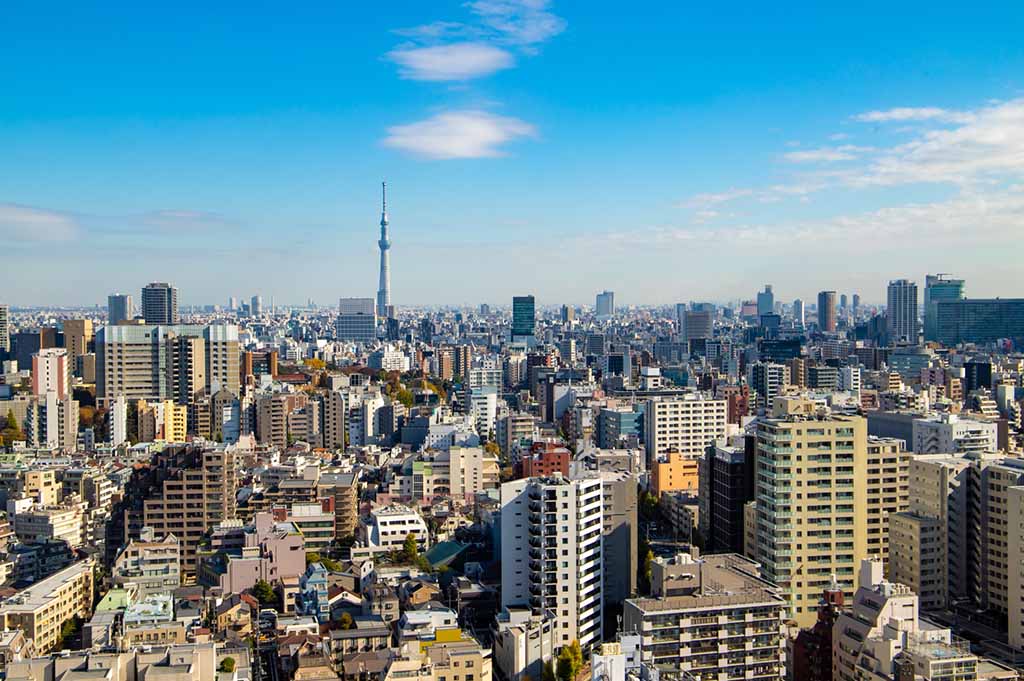
The real estate market in Tokyo is among the most dynamic and competitive in the world, attracting both domestic and international investors. With a wide range of property options, including luxury high-rise condominiums, en-bloc residential buildings, detached houses, strategic land plots, and commercial real estate, Tokyo provides opportunities for investors across all property types. Each property type has its own unique characteristics, advantages, challenges, and investment potential, making it essential to understand these differences before making a purchase.
This article provides a comprehensive guide to Tokyo’s property types, highlighting their key features, considerations, and investment opportunities. Whether you are an investor seeking strong returns, an expatriate looking for a long-term residence, or a professional exploring commercial property option, understanding Tokyo’s diverse real estate market is essential for making well-grounded property decisions.
■ Condominiums
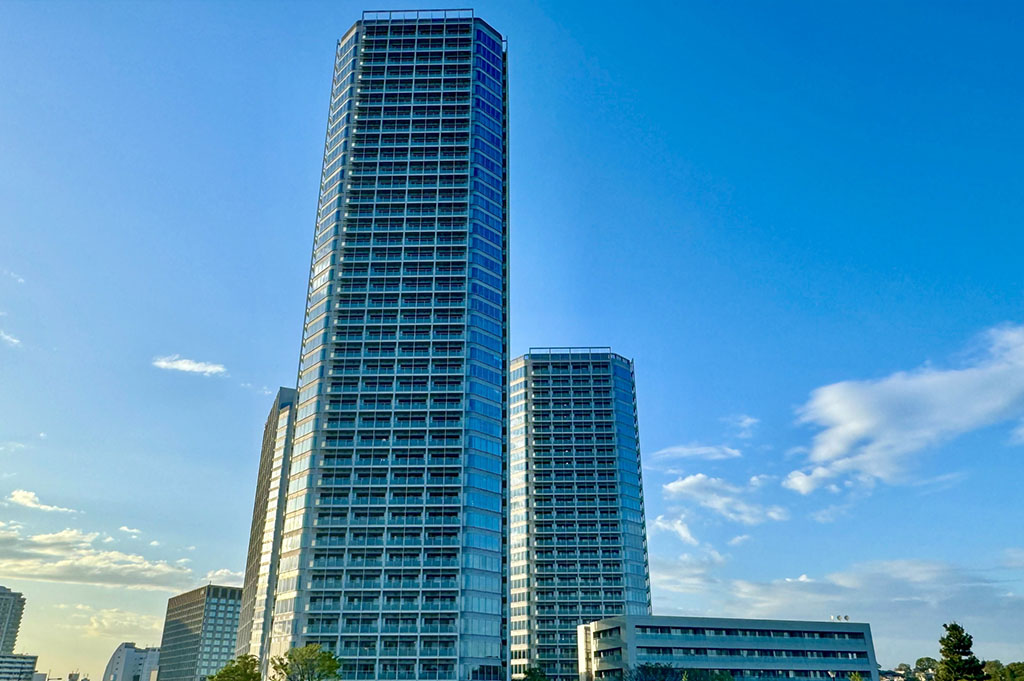
Condominiums in Tokyo range from low-rise to high-rise buildings distributed across the city, offering a variety of living and investment options. In recent years, luxury high-rise condominiums have gained increasing popularity, particularly in central wards such as Minato Ward, Chiyoda Ward, Shibuya Ward, and Shinjuku Ward. These properties are distinguished by modern architecture, high-quality finishes, and premium amenities, including concierge services, fitness centers, rooftop gardens, shared lounges, and advanced security systems. Their central locations provide easy access to business districts, cultural attractions, shopping, and public transportation, making them highly convenient for both residents and tenants. These properties appeal to a wide range of buyers, from young professionals to expatriates seeking convenience and security.
Luxury high-rise condominiums in Tokyo offer strong rental demand, high resale potential, and prestigious addresses, particularly for newer buildings. These properties are highly sought after by expatriates and investors looking for convenient urban living and prime locations. For investors, Tokyo condos provide high liquidity and steady rental demand, making them an attractive option for both short- and long-term returns. Many luxury condominiums also feature modern infrastructure, smart home technology, and energy-efficient designs, enhancing comfort, convenience, and long-term sustainability.
Despite their advantages, condominium ownership comes with several considerations. Monthly management fees and reserve funds are required for ongoing maintenance, and unit sizes are generally smaller than detached houses, which can limit long-term suitability for families. Renovation options may be restricted by building regulations, and resale value often depends on the quality of management and the building’s age. Luxury condos also tend to have higher purchase prices, elevated management costs, and strong competition for prime units, which can pose challenges for some buyers. In this context, it can be worthwhile to consider condominiums that are less luxurious but still provide convenient access and comfortable living environments.
From an investment perspective, condominiums are ideal for those prioritizing central locations, modern amenities, and stable rental yields. They offer opportunities for both rental income and long-term capital growth, making them suitable for investors and residents who value convenience, security, and high-quality urban living.
■ En-Bloc Residential Buildings
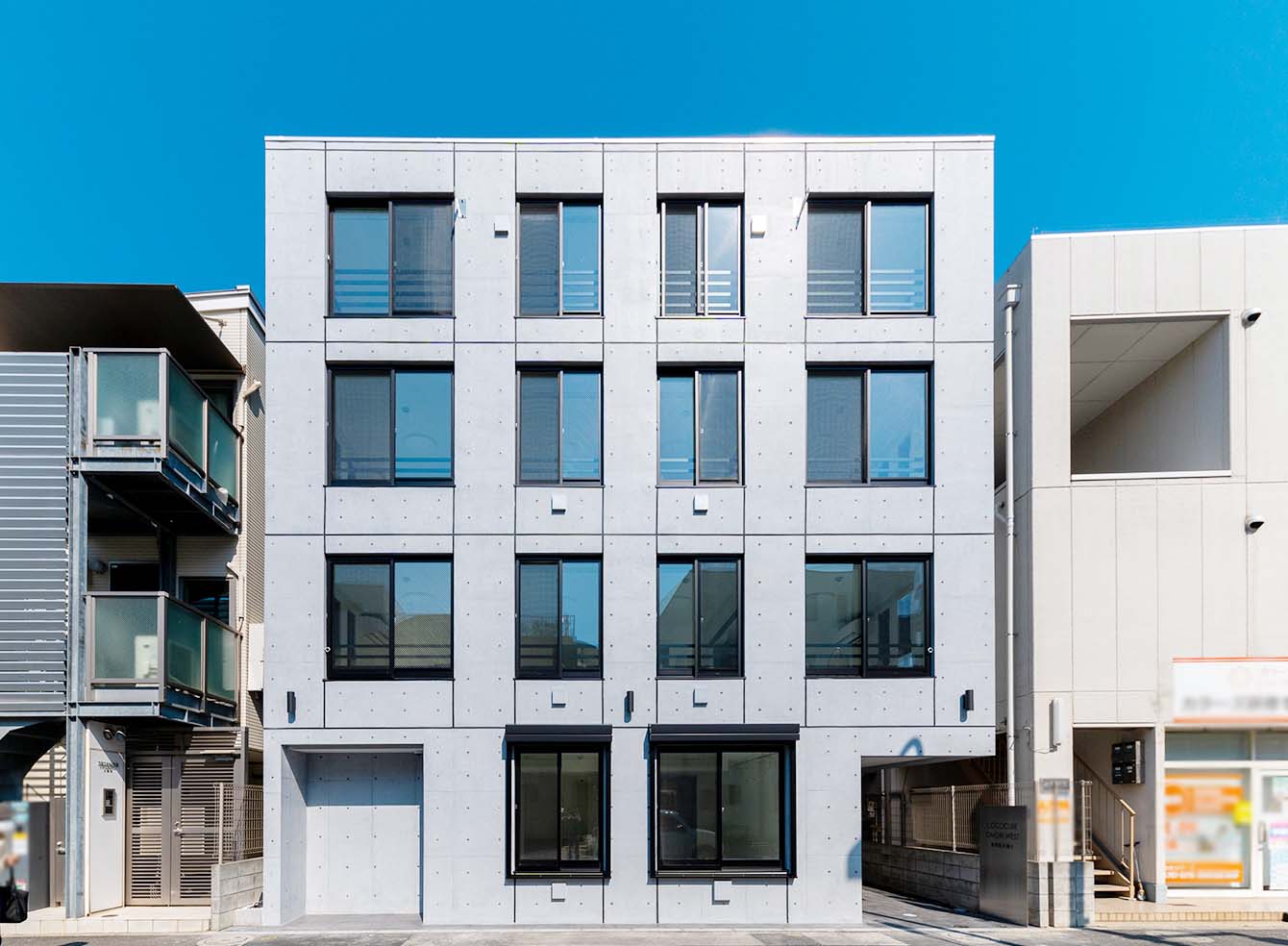
En-bloc residential buildings are multi-unit properties sold as a single package, ranging from small apartment buildings and low-rise complexes to larger residential towers. They can be found throughout Tokyo’s 23 wards as well as in high-demand suburban areas, offering investors the opportunity to acquire multiple rental units at once.
En-bloc residential buildings offer full land and property ownership and, when constructed with reinforced concrete, generally have a longer lifespan, enhancing long-term property evaluation value and investment potential. These buildings can generate substantial rental income, boosting overall returns. Advantages include scalable rental operations, diversified revenue streams, and complete control over property management. Owning an entire building reduces reliance on a single tenant, while allowing investors to manage maintenance, upgrades, and renovations to increase property value. Furthermore, en-bloc properties provide inherent diversification within a single investment, making them especially attractive for investors looking to expand or strengthen a property portfolio.
However, en-bloc residential buildings also present notable challenges. High upfront capital requirements, complex management responsibilities, tenant coordination, and compliance with maintenance and regulatory obligations require careful consideration. Investors must address ongoing maintenance, tenant issues, and potential fluctuations in rental demand or property value. To navigate these complexities effectively, most en-bloc owners employ professional property managers to oversee day-to-day operations and ensure smooth management of the building.
En-bloc residential buildings are particularly suitable for investors seeking consistent cash flow and long-term growth through property upgrades or redevelopment. With careful selection and professional management, these buildings can serve as a strategic asset within a diversified real estate portfolio, offering both stable income and potential capital appreciation.
■ Detached Houses
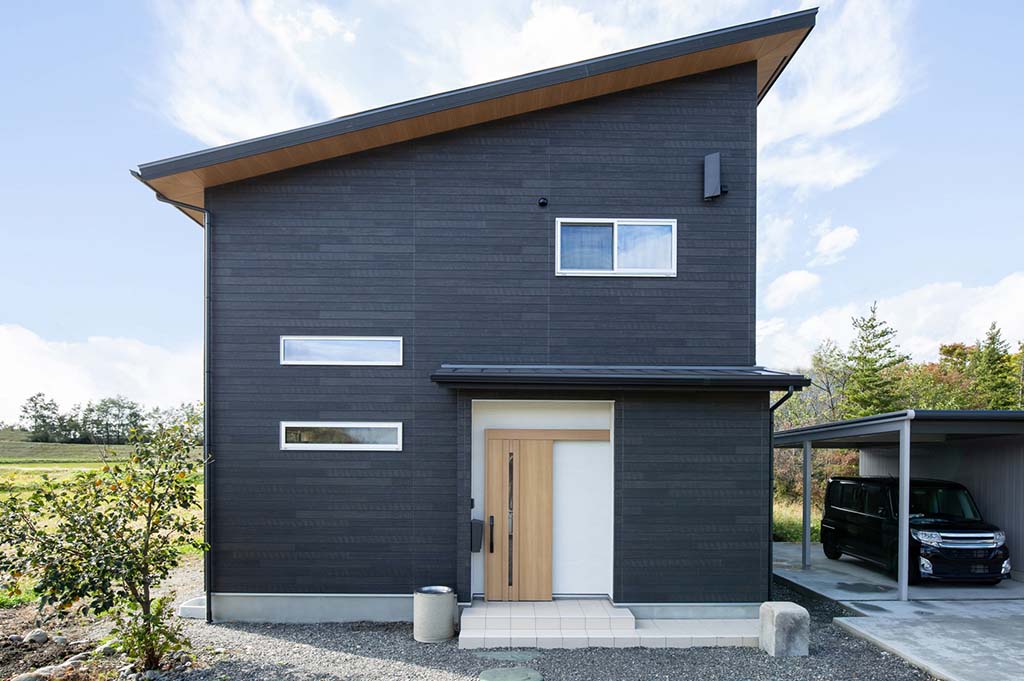
Detached houses in Tokyo are generally located in suburban wards with larger land areas, such as Setagaya Ward, Ota Ward, and Suginami Ward. They range from compact single-family homes to multi-story residences, offering private living spaces, outdoor areas, and flexible designs, making them attractive to families and buyers who value space and autonomy. These properties appeal to those seeking privacy, land ownership, and access to schools, parks, and local amenities, providing a more relaxed, community-oriented lifestyle compared to central urban areas. The market includes both traditional Japanese-style homes with tatami flooring and wooden interiors, as well as modern villas, while some luxury detached houses are also available in central districts.
The key advantages of detached houses include privacy, spacious living areas, and the opportunity to enjoy a community-oriented lifestyle. Owners benefit from full land ownership, which adds long-term value, and have the flexibility to personalize interiors, gardens, or even expand the property. Larger homes can accommodate family needs and, in some cases, generate stable long-term rental income. When located in quieter neighborhoods with access to parks, schools, and local amenities, detached houses provide a comfortable and attractive environment for long-term residents, offering a lifestyle that is often more appealing than compact city apartments.
However, owning a detached house involves several important considerations. Maintenance can be substantial, covering roofs, plumbing, and gardens. Many detached houses are constructed from wood, which may result in shorter property lifespans compared to reinforced concrete buildings. Older properties, in particular, may require significant investment to meet modern safety or earthquake-resistance standards. Additional expenses such as taxes and insurance should also be taken into account. Detached houses generally have lower liquidity than condominiums, especially in some suburban locations may involve longer commuting times.
Detached houses are ideal for family-oriented tenants or residents who prioritize space, privacy, and a suburban lifestyle over proximity to the city center. Well-located properties with good accessibility can maintain their value over time while offering attractive returns through both rental income and long-term capital appreciation, making them a versatile option for both self-use and investment purposes.
■ Commercial Real Estate
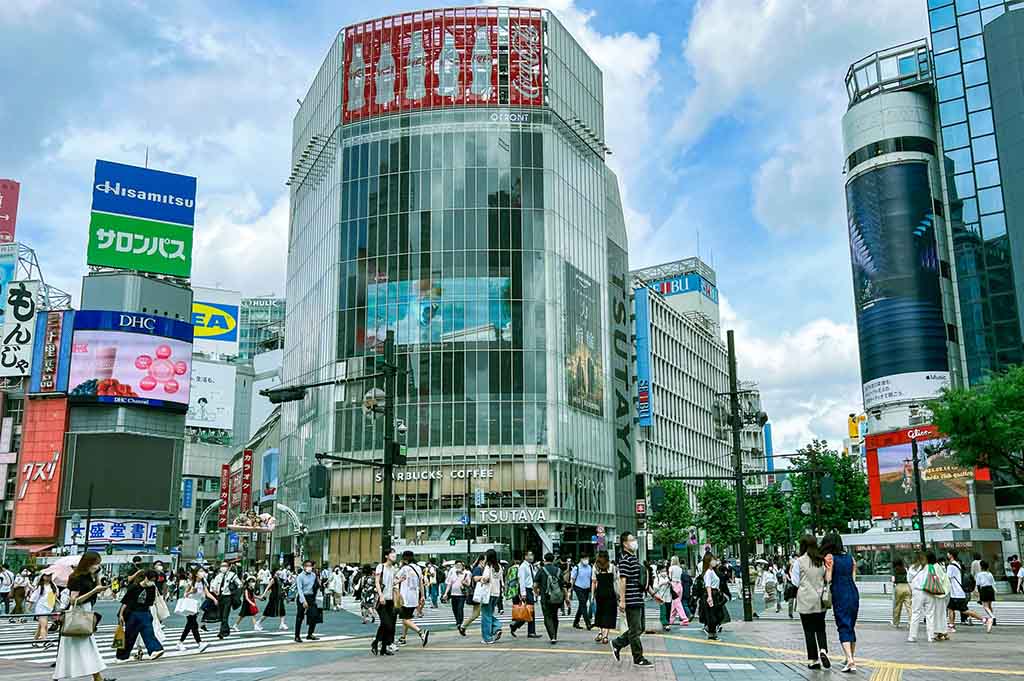
Commercial real estate in Tokyo encompasses office buildings, retail spaces, mixed-use developments, and logistics facilities. These properties are primarily located in central business districts and emerging commercial hubs, offering direct access to corporate tenants, high foot traffic, and consumer markets. In recent years, the Tokyo commercial property market has experienced notable price appreciation and rental growth, reflecting strong demand and limited supply in prime locations.
The advantages of commercial real estate include long-term leasing opportunities, potential rental growth, and the prospect of asset value appreciation in prime or redeveloping areas. Well-located commercial buildings can deliver strong returns for investors, particularly as demand for quality office and retail spaces in accessible locations continues to support stable occupancy and rental performance. However, these investments often require higher initial capital, especially for properties in central locations, and are sensitive to market conditions, as economic fluctuations and shifts in tenant demand can affect both occupancy rates and rental income.
For investment considerations, commercial properties are most suitable for investors aiming to capitalize on rental growth, asset value appreciation, and opportunities in Tokyo’s business districts. Success depends on careful analysis of location, tenant quality, lease terms, and current market trends. With professional management and informed decision-making, commercial real estate can offer attractive returns and serve as a strategic component of a diversified investment portfolio, benefiting from both ongoing market growth and long-term appreciation potential.
■ Land Plots
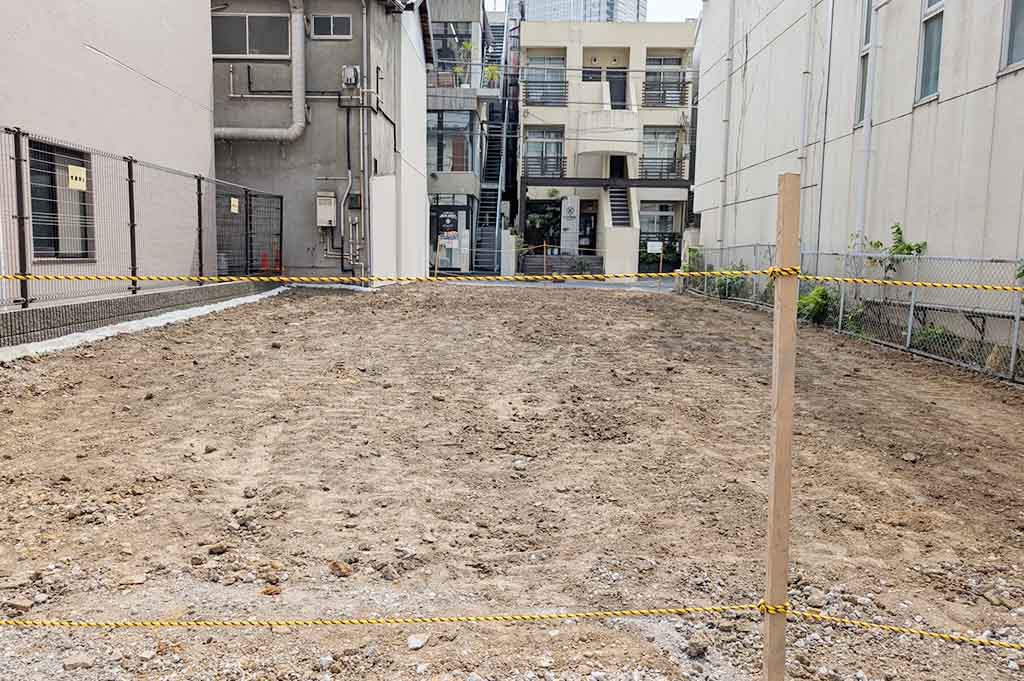
Investing in land plots in Tokyo offers significant flexibility and long-term potential, particularly in areas undergoing redevelopment or experiencing urban growth. Land can be developed into residential homes, apartment complexes, commercial facilities, or mixed-use projects. Full land ownership gives investors complete control over design, usage, and future development, enabling the creation of properties tailored to market demand or personal investment goals.
The advantages of land plots include the potential for substantial capital appreciation, the flexibility to develop customized properties, and the ability to generate income through rental developments or commercial leases. Prime plots in central or emerging neighborhoods often experience strong value growth, especially in districts targeted for redevelopment. However, challenges include high upfront costs, zoning restrictions, regulatory compliance, property taxes, and market risks if demand for new construction slows or redevelopment plans are delayed.
From an investment perspective, land plots are ideal for investors with long-term development strategies and expertise in property redevelopment. Careful evaluation of location, legal requirements, planning regulations, and market trends is essential to optimize returns. With strategic planning and professional guidance, land investments in Tokyo can deliver significant long-term rewards while providing flexibility to participate in the city’s evolving real estate landscape.
■ Summary
Tokyo’s real estate market offers a wide spectrum of investment and residential opportunities, ranging from luxury high-rise condominiums and detached houses to en-bloc residential buildings, commercial properties, and strategic land plots. Each property type has distinct features, including modern amenities and central locations for condominiums, scalable rental operations for en-bloc buildings, space and privacy for detached homes, steady income potential from commercial assets, and long-term development opportunities for land plots. Understanding these characteristics and associated investment considerations enables investors and homebuyers to make well-informed decisions that align with their financial goals and long-term strategies.
By monitoring pricing trends, rental yields, and emerging neighborhoods, investors can strategically select properties that balance lifestyle, income, and capital growth. With ongoing urban redevelopment, strong international demand, and stable economic fundamentals, Tokyo continues to be one of the world’s most dynamic and compelling real estate markets for both domestic and international buyers.
Remarks: The investment opinions suggested above are provided for reference only and do not constitute any guarantee. Our company assumes no responsibility for the feasibility, legal compliance, or implementation of the proposed business concepts. Investors are advised to conduct their own due diligence and consult with relevant authorities before undertaking any development.
~ END ~
・Recommended Articles
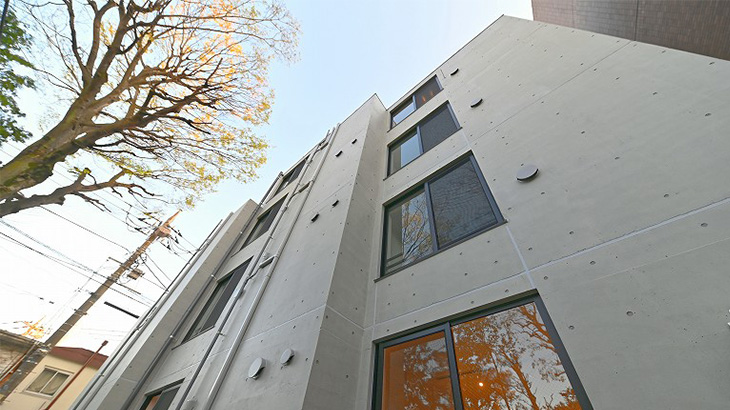
Property Knowledge2022.4.2
Why Reinforced Concrete (RC) Residential Building is good for long-term investment?
Buildings of reinforced concrete offer several advantages including long life and less maintenance, this is es […]
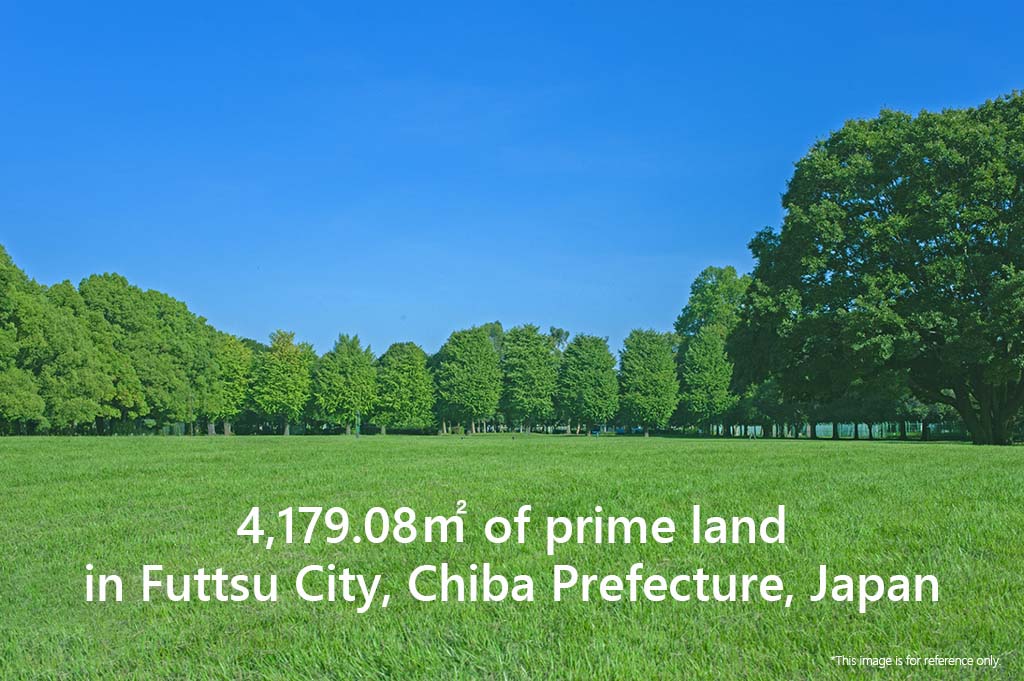
Others2025.3.7
Unlock the Potential of Chiba Prefecture: A Unique Investment in Japan’s Booming Nature Tourism Industry
Discover the untapped potential of Futtsu City in Chiba Prefecture, a hidden gem just outside Tokyo, where its […]
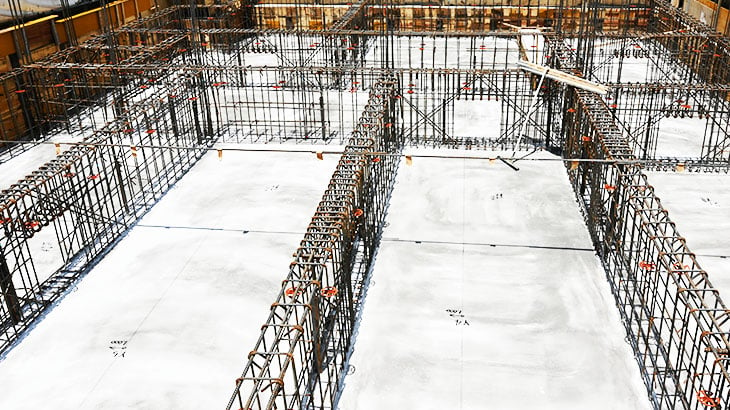
Property Knowledge2023.9.21
What is the meaning of these abbreviations “RC”, “S”, SRC” in building structures, and how will it affect your property selection?
Understanding the building materials and structure of real estate can help you choose a more suitable property […]

Property Knowledge2024.10.9
Essential Knowledge for Property Investment in Japan (Part 1): Understanding Japan’s Earthquake Resistance Standards
It is said that 20% of the world’s earthquakes occur in Japan. Since Japan is a country with active Eart […]
Subscribe for Latest Property News
Don’t miss out! Subscribe now to stay tuned to the latest trends, news, and listings in Japan’s real estate market.



